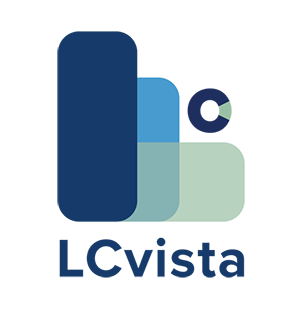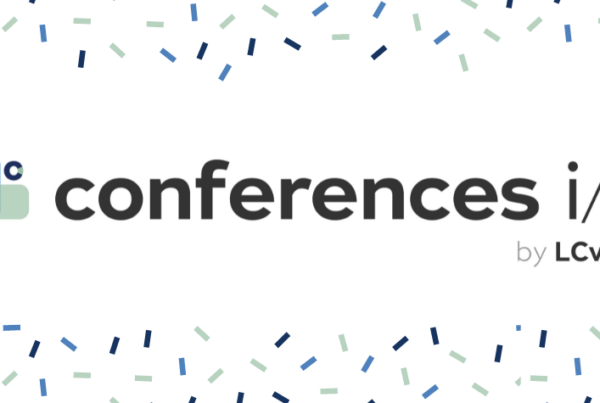Non-CPA principals and other professionals serving accounting firm clients may question why they need to meet continuing education requirements (CPE) since they are not a certified public accountant (CPA). This question often arises from professionals who join an accounting firm as a non-CPA new hire or through an acquisition or other business combination without prior experience in an accounting firm.
We are providing links to two industry regulators and highlights that may be helpful in providing an overview of the regulatory bodies that provide CPE guidance to the accounting industry.
The Public Company Accounting Oversight Board (PCAOB) provides definitions and details on continuing education requirements here . We have called out several sections of particular interest in identifying the need for CPE by all firm professionals.
CPE Record Keeping Requirements
.02 – Member firm shall require and monitor all professionals in a member firm to adhere to AICPA Policies for the CPE Membership Requirement.
Additional CPE Requirements of the SEC Practice Section
.09 Professional Defined
Persons classified as “professional staff” (including partners) in member firm’s annual report to the SEC Practice Section (SECPS) shall be considered “professional”
CPE Record Keeping Requirements
.05 f. Appropriate evidence of completion
.06 Acceptable evidence of completion
The Government Accountability Office (GAO) issued updated Government Auditing Standards (GAS) in 2018. These standards are tracked in the Compliance product as “Yellow book”. Since this standard is lengthy, we will direct you to review several specific areas related to definitions and CPE requirements.
In chapter 1 you will find descriptions of the types of Generally Accepted Government Auditing Standards (GAGAS) users and engagements. Chapter 4 outlines the CPE requirements in detail which apply to both auditors and non-auditor specialists serving on engagements governed by the GAGAS. In section 4.12 and 4.13 specialist and auditor roles are defined. Section 4.16 describes CPE hour and subject matter requirements.
We hope the overview of these two regulatory CPE requirements assist in preparing you for CPE policy discussions within your area of responsibility and in responding to CPE inquiries from non-CPA professionals.



